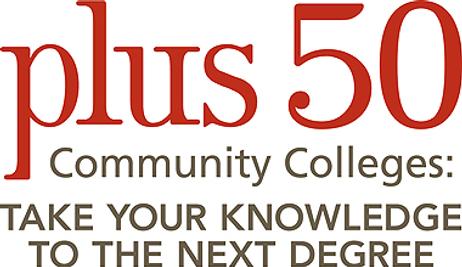The perception of the value of a college degree appears to be evolving. As some students and their parents begin to focus on their return on investment (ROI), they are beginning to realize that graduating from a prestigious four-year school isn’t as glamorous as it seems. In addition, rising concern over increasing student debt has spurred questions about the best path to a profession. As the exploration continues, community colleges are starting to be seen as offering superior ROI for many students today.
The Value of a Four-Year Degree
PolicyMic reports on a recent analysis that looked at 1,248 four-year colleges and universities across the country. The study showed 28 percent of those four-year schools offered a negative ROI, which means students would have been better off financially if they had not gone to school at all! However, if those students had started their higher education at a community college and then transferred to a four-year school for their last two years, the negative ROI would have been reduced to 11.5 percent.
The best ROI from four-year schools often involved engineering programs. Schools like Colorado School of Mines, Georgia Tech, MIT, and Cal Tech reflect that trend. Ivy League schools also made the list for positive ROIs, demonstrating that high admission standards and a tradition of success do contribute to the value of postsecondary education. Other four-year schools did not always fare as well. For example, the last school on the list,






















